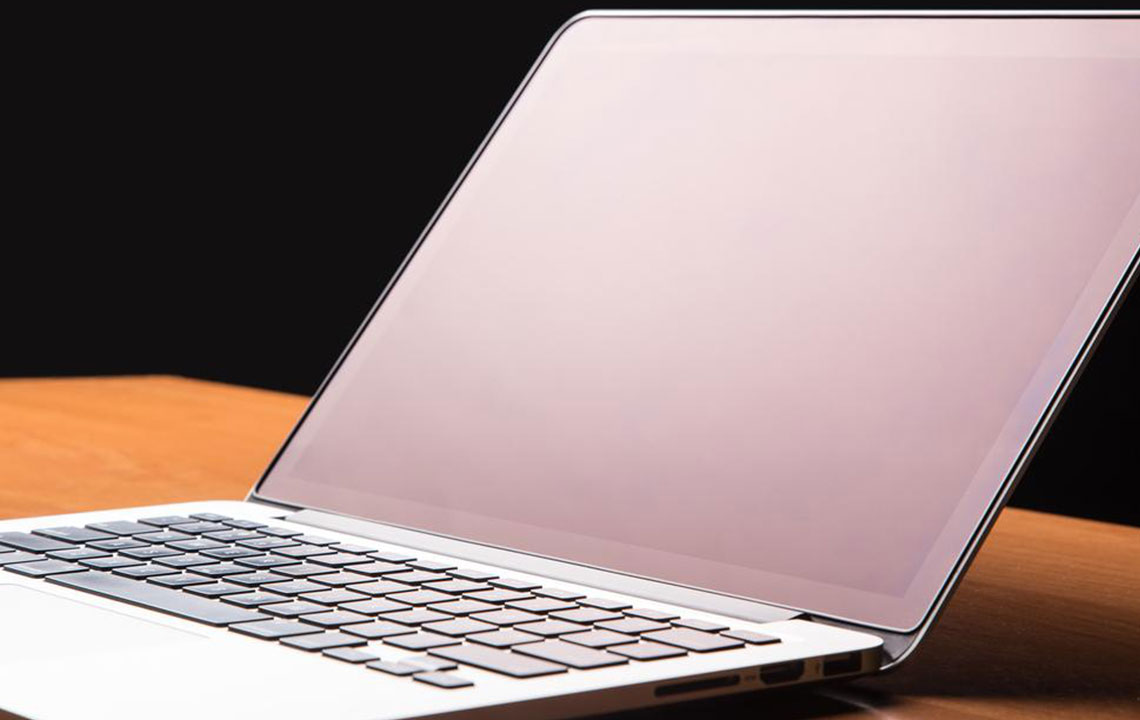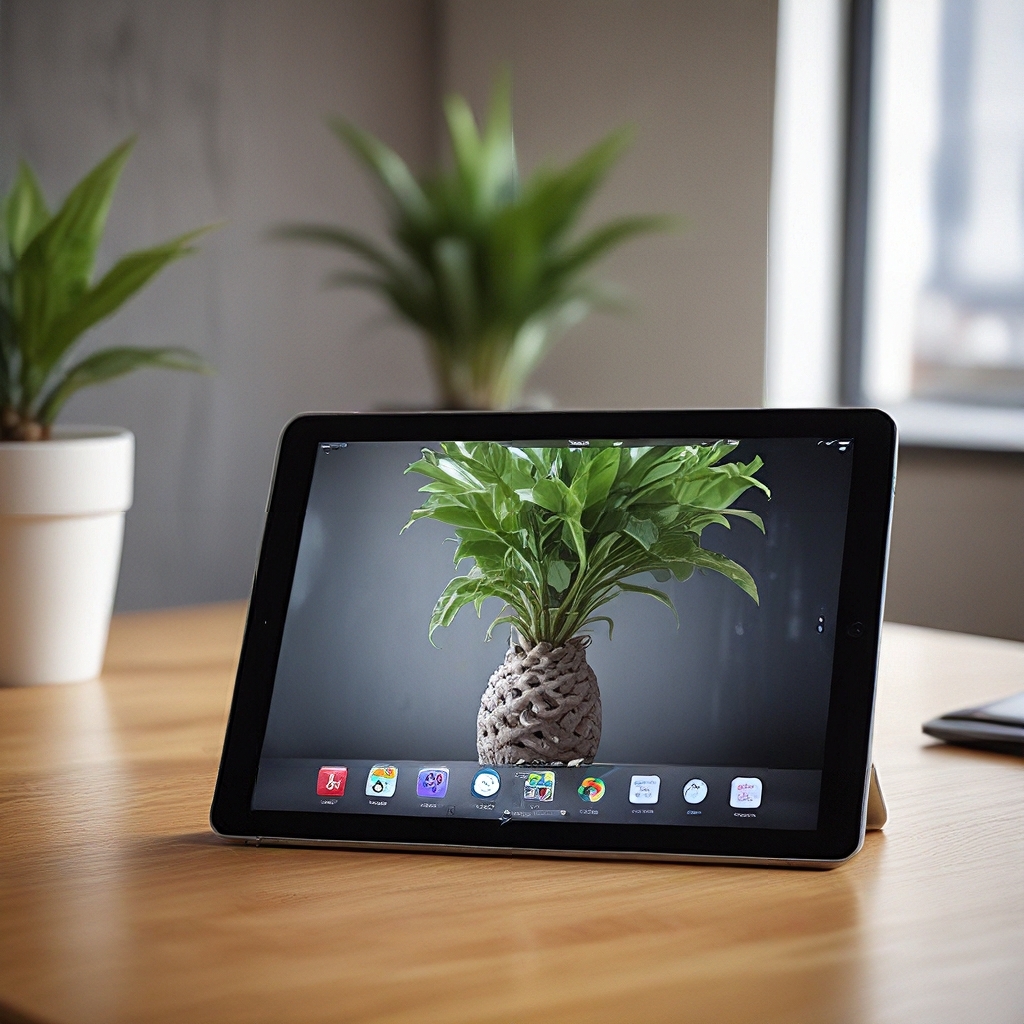Ultimate Guide to Prevent Mistakes When Buying a Laptop: Expert Tips for Smart Purchases
In this detailed guide, discover expert tips to avoid common mistakes while purchasing a laptop. Learn how to choose the right device by focusing on quality, future-proofing, necessary features, and support. Save money and ensure long-term satisfaction by making informed decisions in your next laptop purchase.

Essential Strategies to Avoid Common Mistakes When Purchasing a Laptop
In the rapidly evolving digital era, owning a dependable and high-quality laptop has become essential for both professional work and personal entertainment. With countless options available in the market, selecting the right device can be overwhelming. Making an informed purchase requires understanding potential pitfalls and knowing what to avoid. This comprehensive guide aims to provide valuable insights that will help you make smarter choices, saving you both money and frustration in the long run.
Choosing a laptop is not just about picking the most popular brand or the cheapest model. It involves evaluating features, performance, durability, and future-proofing your investment. Here, we delve into the most critical factors to consider, emphasizing common mistakes to avoid during your shopping process.
1. Steer Clear of Opting for the Cheapest Laptops
Many consumers are tempted by ultra-low-cost laptops, especially during sales or promotional periods. While these budget-friendly options might seem attractive initially, they often come with significant trade-offs. Such devices may employ substandard components, have inadequate performance, limited warranty coverage, or lack durability, leading to higher costs over time due to repairs or replacements.
Investing in a more reputable brand or higher-quality model with better specifications might cost more upfront but ensures longer lifespan and better reliability, ultimately saving money. High-quality laptops tend to offer superior build quality, enhanced performance, and better customer support.
2. Avoid Paying for Unnecessary Features
The tech market is saturated with trendy features and gimmicks that can tempt buyers into overspending. For example, features like touch bars, high-refresh-rate screens, or RGB lighting might look appealing but may not significantly enhance productivity for most users and could even cause technical issues or reduce battery life.
Focus on your actual needs when selecting a device. If you primarily use your laptop for document editing, browsing, or media consumption, prioritize essential specs like processor speed, RAM, storage, and battery life instead of bells and whistles. Investing in features that are genuinely beneficial will lead to a more satisfying user experience and overall cost-effectiveness.
3. Consider Your Future Requirements
Making a purchase based solely on current needs can lead toobsolescence and limitations as your requirements grow. For instance, a laptop with 4GB RAM might suffice today but could severely hinder performance when multitasking or running demanding applications in the future. Similarly, choosing a low-resolution display might not suit your evolving needs for high-quality visuals or creative work.
To avoid frequent upgrades, choose a laptop with future-proof features. Think about potential workload increases, software developments, and technological trends. Opt for at least 8GB or more of RAM if you anticipate higher demands, and consider newer processors with longer support cycles. Planning ahead ensures your device remains relevant and efficient for years to come.
4. Analyze the Operating System and Software Compatibility
Choosing between Windows, macOS, or Chrome OS should align with your personal or professional requirements. Compatibility with essential software, ease of use, and ecosystem integration are crucial factors to consider. For example, professionals engaged in design or video editing might prefer MacBooks, whereas gamers or business users might lean towards Windows devices.
Understanding your software needs prevents potential compatibility issues that could affect productivity and workflow. It's also worth considering how the operating system will adapt to future updates and whether it supports necessary peripherals and applications.
5. Review Warranty, Support, and After-Sales Service
An often-overlooked aspect of buying a laptop is the availability and quality of support and warranty services. Reliable customer service can be invaluable if your device encounters issues. Always review the warranty period, what it covers, and the manufacturer's reputation for after-sales support.
Investing in extended warranties or service plans can provide peace of mind, especially for high-cost or business-critical devices. Additionally, consider the vendor's reputation for quick replacements and technical assistance to ensure minimal downtime.
6. Check Read Reviews and User Feedback
Before finalizing your purchase, take time to read customer reviews and expert opinions. Feedback from other users can reveal common issues, performance insights, and real-world usage experiences that specifications alone might not disclose.
Platforms like tech forums, retailer reviews, and social media can offer valuable perspectives. This research can prevent costly mistakes by highlighting potential defects or shortcomings that are not immediately visible during the initial look at a product.
Conclusion: Making an Informed Purchase
Buying a laptop is a significant investment that impacts your daily productivity, entertainment, and long-term satisfaction. By avoiding the typical mistakes—such as opting for the cheapest options, overspending on unnecessary features, neglecting future compatibility, ignoring warranty services, and skipping research—you can select a device that truly meets your needs and offers excellent value.
Remember, patience and thorough research are your best allies when navigating the vast array of options available. Prioritize quality, future-readiness, and support alongside your budget to ensure you make a purchase that serves you well for years to come. An informed buyer is a confident buyer, and in the world of technology, knowledge truly equals power.





